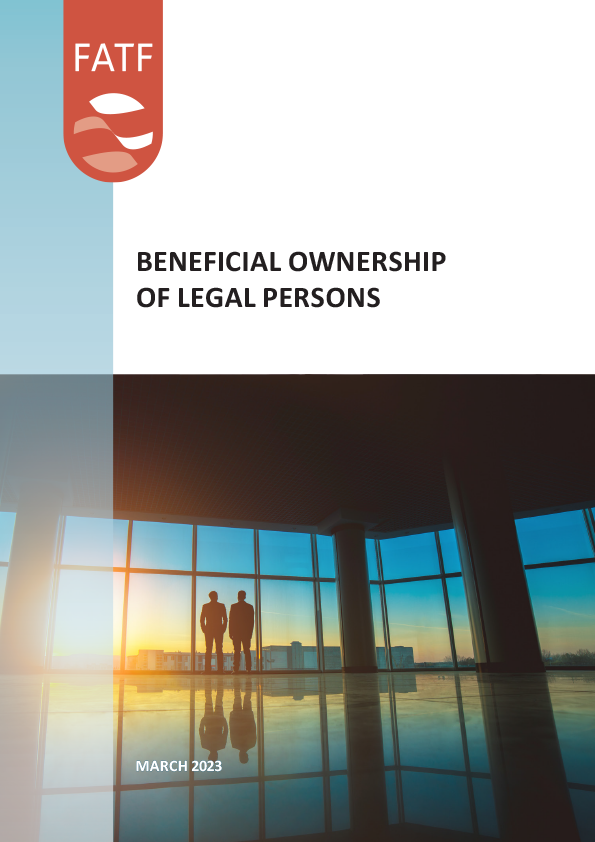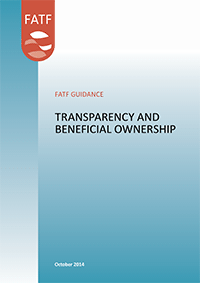This FATF Guidance will assist countries to design and implement measures that will deter and prevent the misuse of corporate vehicles, such as companies, trusts and other types of legal persons and arrangements – for money laundering, terrorist financing and other illicit purposes.
Corporate vehicles play an essential role in the global economy, conducting a wide range of legitimate commercial and entrepreneurial activities. However, they have also been misused by criminals to disguise and convert the proceeds of their crimes. The appeal to criminals lies in the fact that corporate vehicles can be misused to circumvent controls by disguising the identity of known or suspected criminals and the source of funds or assets. The misuse of corporate vehicles could be significantly reduced if accurate information regarding both the legal owner and the ultimate beneficial owner, the source of the corporate vehicle’s assets, and its activities were readily available to the authorities. It is often very difficult for competent authorities to identify the natural, real person who truly has ownership and control of a company, trust or other corporate vehicle, particularly when the arrangement involves several countries.
Criminals make use of this lack of access to beneficial ownership information. By setting up one or more corporate vehicles, they are able to hide their identity, the true purpose of the account and the source or use of funds or property associated with the corporate vehicle.
The FATF Recommendations provide measures that address the transparency and beneficial ownership of legal persons (Recommendation 24) and legal arrangements (Recommendations 25). Countries should take measures to prevent the misuse of legal persons and arrangements from being misused for criminal purposes, including by:
- Assessing the risks associated with legal persons and legal arrangements
- Making legal persons and legal arrangements sufficiently transparent, and
- Ensuring that accurate and up-to-date basic and beneficial ownership information is available to competent authorities in a timely fashion.
While the transparency and beneficial ownership requirements of the FATF Recommendations are aimed at fighting money laundering and the financing of terrorism, they also support efforts to prevent other serious crimes such as tax crimes and corruption. The FATF’s leading role in setter standards on beneficial ownership was echoed in the actions taken by global leaders such as the G20 Leaders’ commitment to implement the FATF standards on beneficial ownership.
Earlier mutual evaluation cycles showed that implementing the FATF requirements on transparency and beneficial ownership proved challenging for a number of countries. The FATF has therefore developed this guidance, with input from private sector and corruption experts, to assist policy makers and practitioners in national authorities to identify, design and implement appropriate measures to prevent the misuse of corporate vehicles.
More reading:
Contact: For further information, journalists should contact the FATF Secretariat at tel +33 (0)1 45 24 90 90 or contact@fatf-gafi.org.



 Twitter
Twitter
 Facebook
Facebook
 Instagram
Instagram
 Linkedin
Linkedin
